

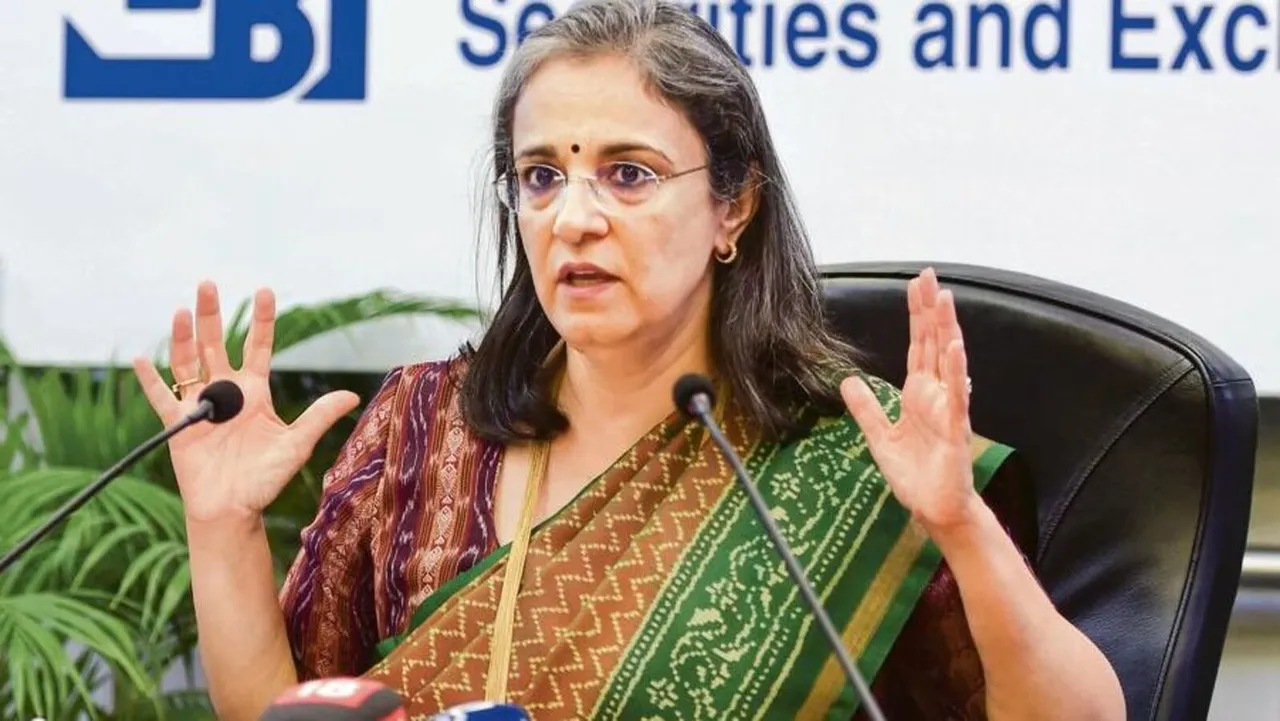
Congress has accused SEBI Chairperson Madhabi Buch of receiving rental income from a company that is under investigation by the capital markets regulator for insider trading. Senior Congress leaders Jairam Ramesh and Pawan Khera raised concerns about the lack of transparency and integrity in the regulatory body, especially given the large number of Indian investors with investments in the market. This is a clear violation of SEBI's code on conflict of interest for board members.

The Rajasthan High Court has granted bail to one of the accused in the 2022 murder of Udaipur tailor Kanhaiya Lal, citing lack of evidence against him. Meanwhile, employees at SEBI have raised concerns about a toxic work culture under Chief Madhabi Puri Buch, leading to burnout and mental health issues. Opponents of the BJP have also criticized the handling of the murder, calling it a reflection of the party's true face.
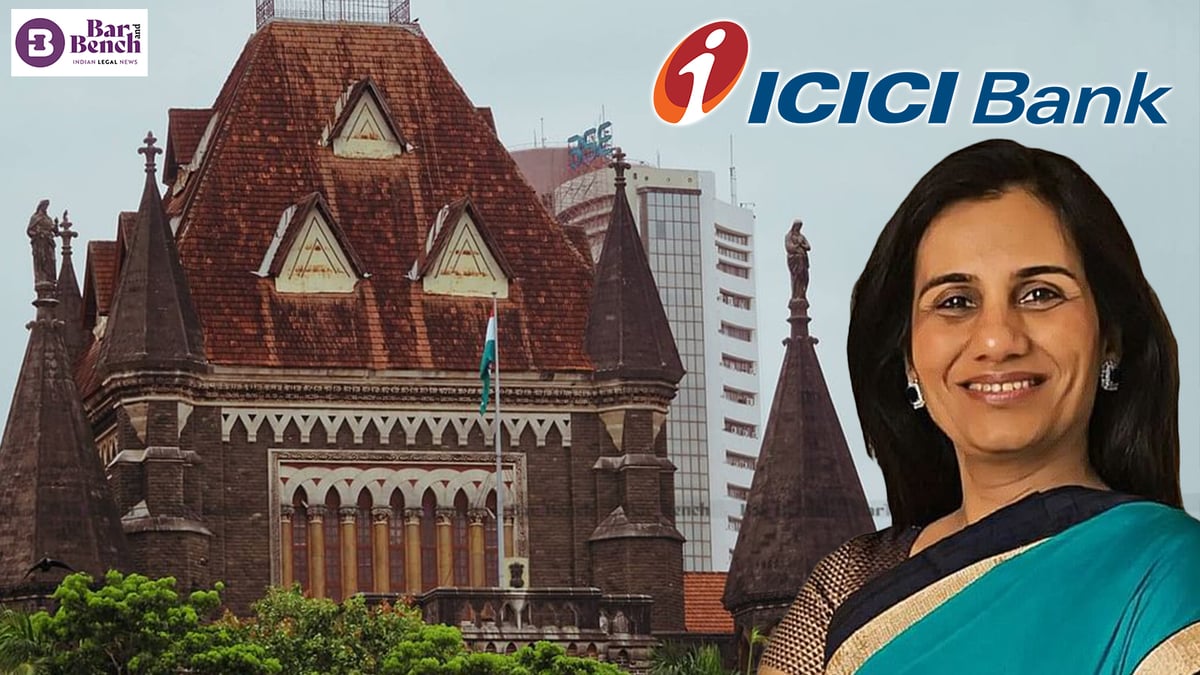
In the latest twist to the Madhabi Puri Buch controversy, Congress has raised more questions regarding her retiral income and a one-year gap in which she claims no benefits were offered by ICICI Bank. The party alleges that she received a staggering ₹16.80 crore between 2017 and 2024 from the bank, and demands answers from SEBI regarding her pension, retiral benefits, and salary. ICICI Bank has defended itself by saying that all payments were accrued during Buch's employment phase with the group, but Congress questions how her pension could exceed her salary.
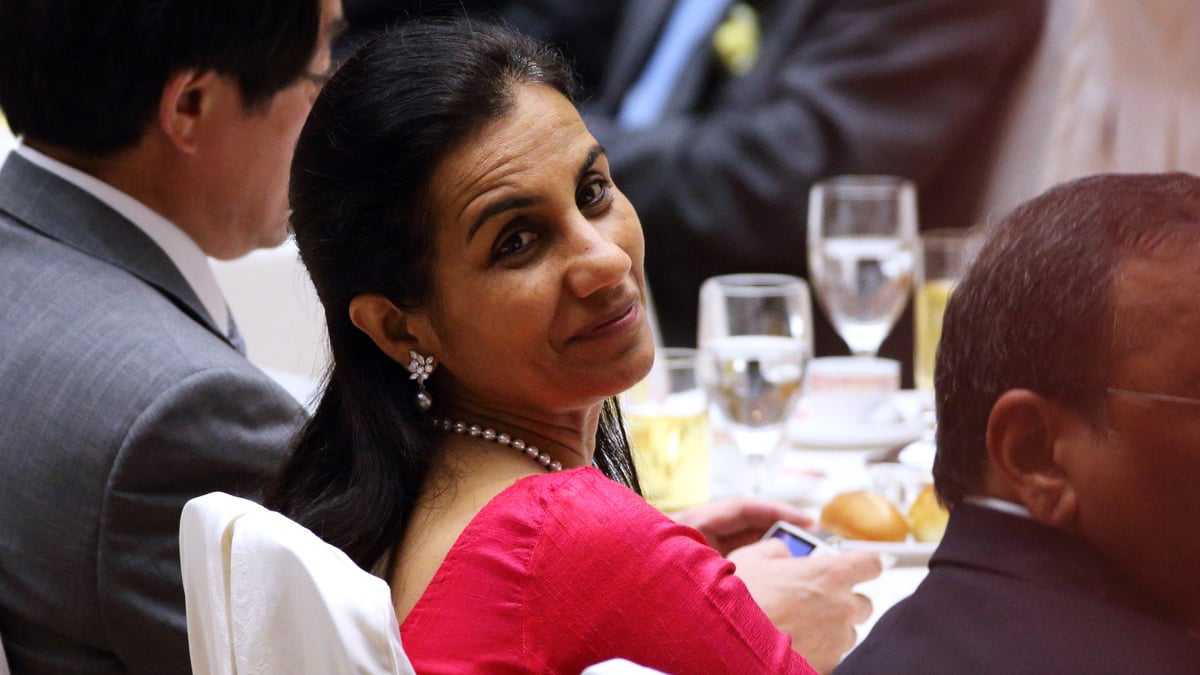
The Congress party has raised fresh allegations of conflict of interest against former SEBI Chairperson Madhabi Buch, who is currently working with ICICI Bank. The party questioned the bank's statement that it did not pay Buch any salary after her retirement and alleged that she was receiving a non-uniform "retiral benefit" from the bank. The party's media and publicity head, Pawan Khera, pointed out discrepancies in the amount and frequency of payments made to Buch and questioned whether a person's retiral benefit can exceed their annual salary. The party has asked Prime Minister Narendra Modi, as the head of the Appointments Committee of the Cabinet, to clarify on Buch's appointment.
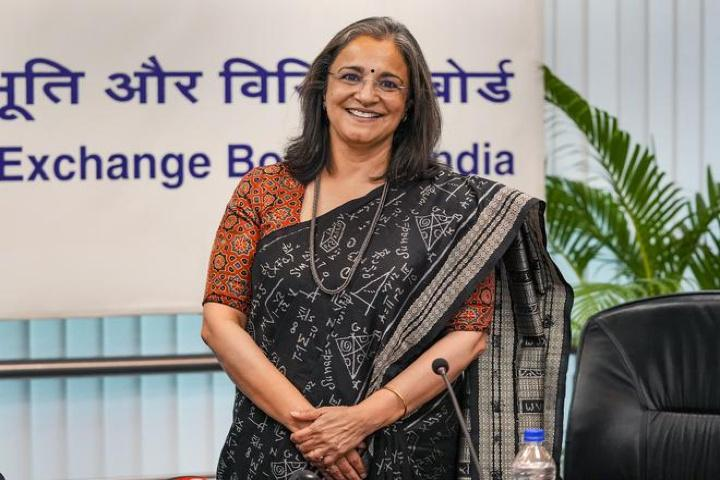
The Indian National Congress party has accused the Chairperson of SEBI, Madhabi Puri Buch, of violating conflict of interest laws by accepting income from ICICI Bank while she was a whole-time member and later as the chairperson of the market regulator. According to the allegations, Buch received a total of Rs 16.80 crore from ICICI Bank between 2017 and 2024, which is five times more than her income from SEBI during the same period. However, ICICI Bank denied these allegations, stating that they have not paid any salary or granted any ESOPs to Buch after her retirement from the bank. These allegations have sparked controversy regarding the appointment process of the SEBI chairperson.
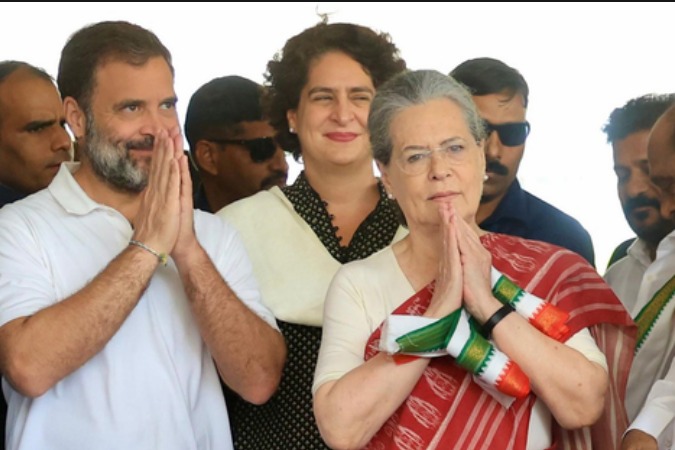
Leader of Opposition Rahul Gandhi has criticized the Modi government for appointing public servants through the Rashtriya Swayamsevak Sangh (RSS) instead of following the traditional Union Public Service Commission (UPSC) route. He has expressed concerns that this approach may undermine the reservation system and limit opportunities for underprivileged individuals. Gandhi has also raised questions about potential corporate influence in these appointments, citing the recent appointment of SEBI chairperson Madhabi Puri Buch as an example. The issue of lateral entry has sparked a debate about the role of the UPSC in selecting top government officials and its impact on social justice.
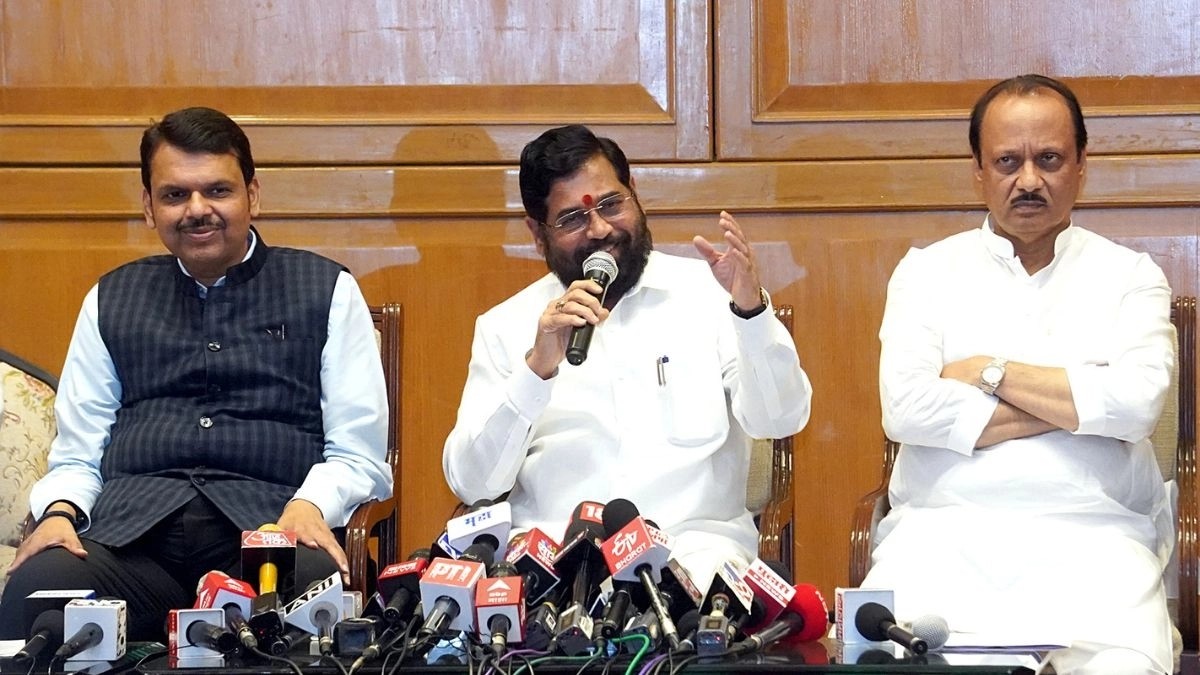
In an explosive press conference, Maharashtra Congress Committee President Nana Patole accused the Eknath Shinde-led Mahayuti government of mortgaging the state to Gujarat. He also alleged that prime plots were being sold to Adani at throwaway prices, while the entire country was being auctioned off by the ruling BJP government. Patole asserted that the Congress party's priority was to protect the pride and save Maharashtra, as he discussed the recent Hindenburg Research allegations against the Sebi Chairperson Madhabi Puri Buch and their alleged nexus with Adani and Prime Minister Narendra Modi.
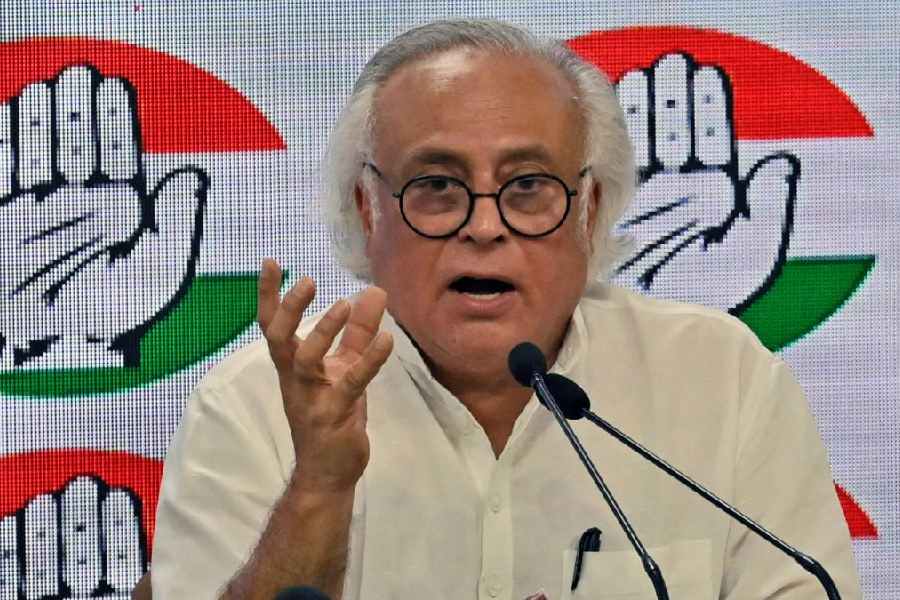
In the midst of allegations against Sebi chairperson Madhabi Puri Buch, the opposition has demanded a JPC investigation to bring forth the truth. However, the ruling BJP has rejected this demand, causing a political uproar. A Joint Parliamentary Committee (JPC) comprising of members from both houses of parliament is an ad hoc body that can conduct a thorough inquiry into the matter at hand and hold the government accountable for its actions. Although only three JPCs have been constituted in the past to investigate financial crimes, the demand for a JPC remains a powerful tool for the opposition to exert political pressure on the government.
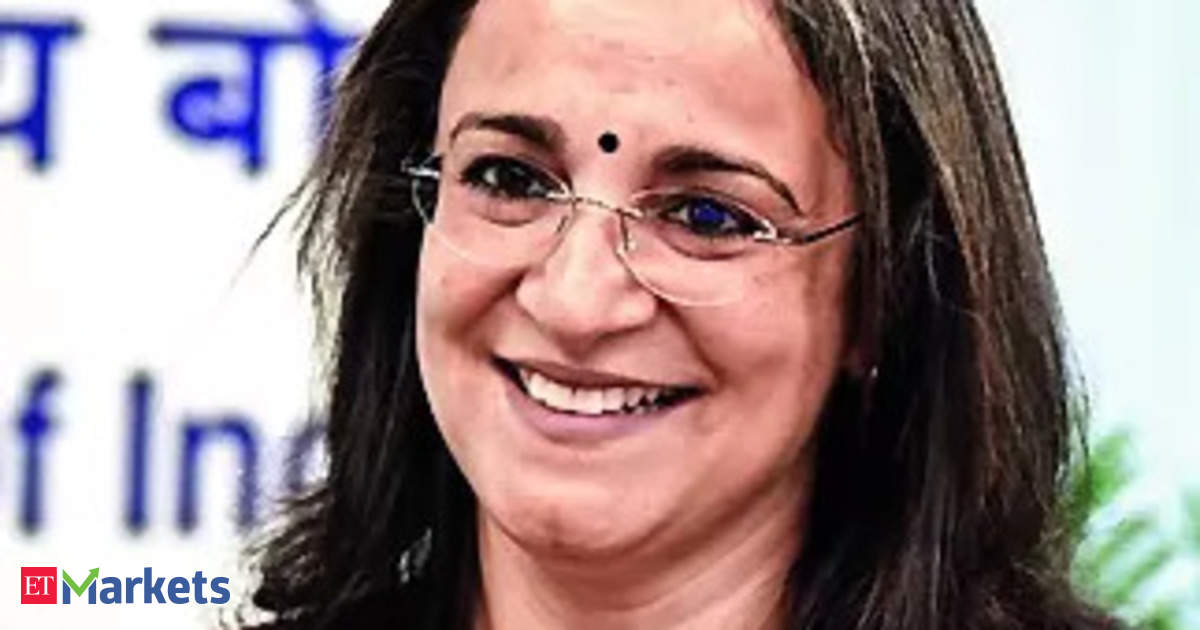
Amidst SEBI's chief Madhabi Puri Buch's solid backing by the market regulator and former SEBI chairpersons and board members, questions arise over whether she made complete disclosures about her investments and whether she recused herself in matters of conflict of interest. While the finance ministry may be willing to give concessions to her, former regulators believe she should have been more diligent in her disclosures. Former SEBI chiefs also highlight instances of past recusals in similar cases. However, Buch maintains that proper institutional mechanisms were followed in all disclosures and recusals.
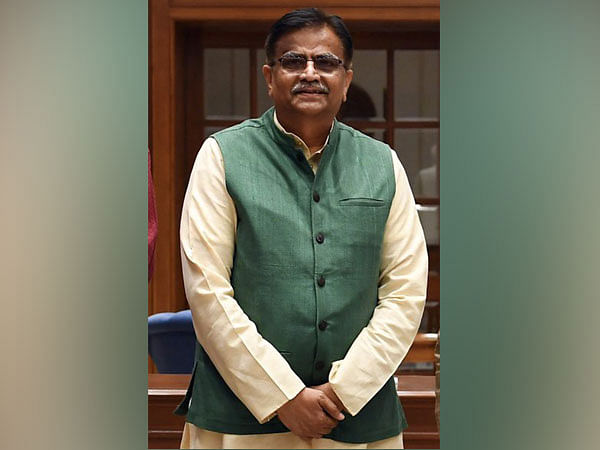
In a press conference at the BJP headquarters, senior leader Ravi Shankar Prasad rejected the Opposition's demand for a Joint Parliamentary Committee probe into the allegations against Sebi chairperson Madhabi Puri Buch. Prasad accused the Congress, Hindenburg Research, and the "toolkit gang" of being part of a conspiracy to damage India's stock market and investments. He also alleged that the main investor behind Hindenburg Research was "India hater" George Soros. Prasad's remarks come a day after the BJP accused the Congress of colluding with foreign forces to destabilise the Indian economy.